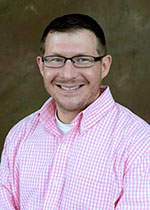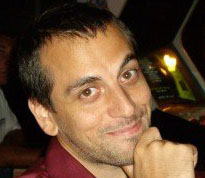Engaging Your Workforce — A Three Stage Model

Corporations should focus on HOW work gets done – instead of the standard HOW MUCH work gets done. It’s all about engagement, according to Dr. Brad Shuck an assistant professor in the Organizational Leadership and Learning Program at the University of Louisville, and a pioneer in employee engagement research.
Reflecting on his own past experience with less effective work environments, Dr. Shuck points out that the places he worked at were not bad companies, but they were filled with bad managers, “People,” he says, “were being promoted into positions with responsibilities they were not ready for. These managers only wanted to know how much I could get done, not how I was getting it done.”
Dr. Shuck’s research focuses on employee engagement to help design organizations where corporate leaders learn to increase engagement to reduce turnover and meet business objectives. Results suggests that people who rate themselves as being more engaged at work experience less exhaustion, have a higher sense of personal accomplishment and practice better collaboration in their workplace.
Dr. Shuck’s employee engagement model is called “Think it, Feel it, Do it.” and determines the employee’s level of engagement in three steps:
- “Think it” stage — employees encounter situations everyday and ask themselves whether the work is a) meaningful, b) safe and c) offers the right resources. A ‘no’ answer to any of these questions makes engagement levels plummet.
- “Feel it” stage – If employees make a positive appraisal from the first question, then they emotionally commit.
- “Do it” stage — employees change their behavior.
“Worldwide research shows that only 30 percent of workers go to work every day fully engaged. I am looking to reach out and partner with the Louisville community so we trump that figure,” he says.
Dr. Brad Shuck is an Assistant Professor in the Organizational Leadership and Learning (OLL) Program at UofL. The OLL Program offers bachelor’s, master’s, and doctoral degrees to foster leadership, learning, and performance. Programs are available 100% online and on campus.
This article was adapted from an original piece about Dr. Shuck’s research, written by Dr. Denise M. Cumberland, Assistant Professor in the OLL Program at UofL.


